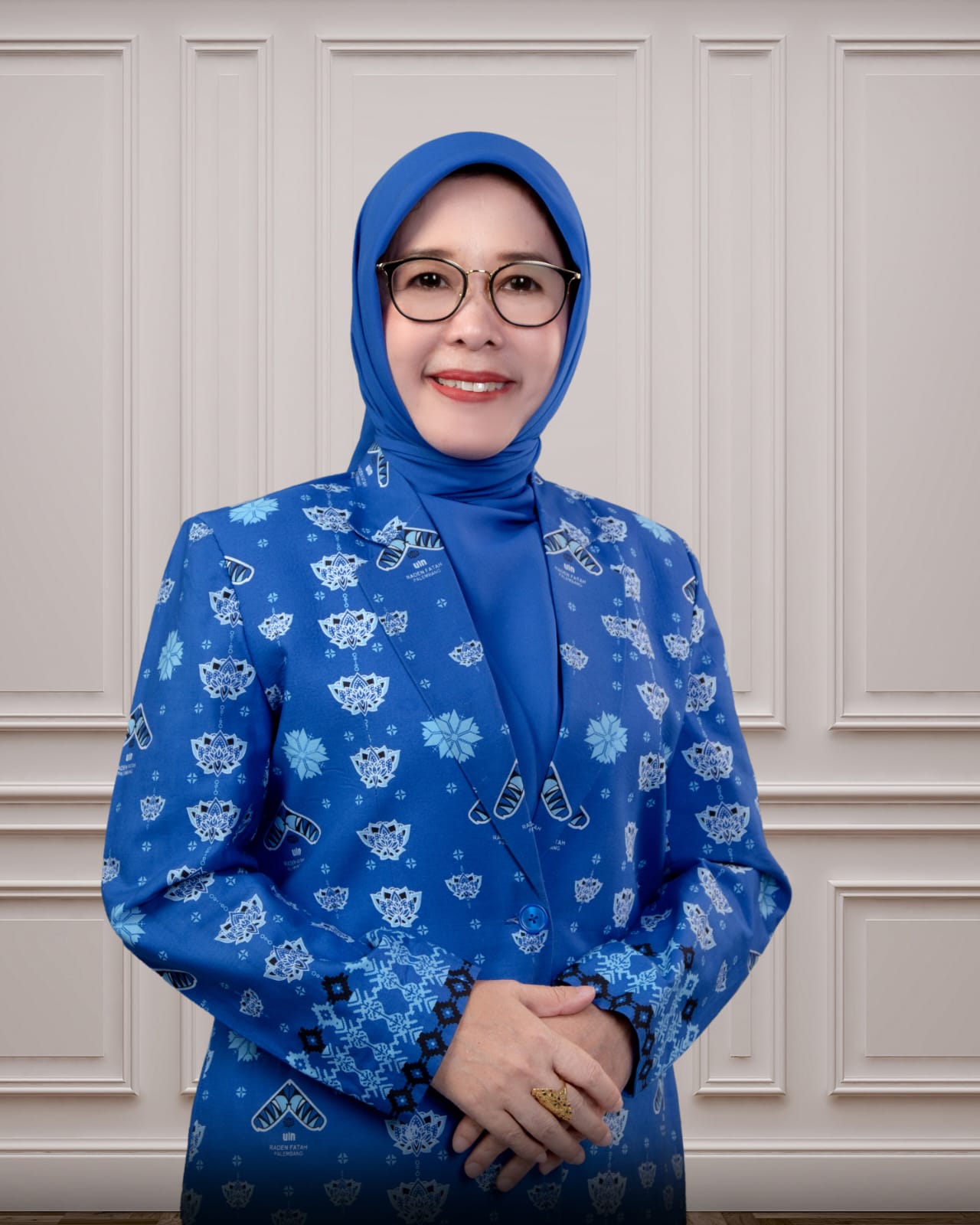
Hajj 2024: Humanity and Benefit as Priorities
Prof. Dr. Nyayu Khodijah, S.Ag., M.Si
Chancellor of UIN Raden Fatah Palembang
The Hajj pilgrimage is one of the most sacred moments in a Muslim’s life . Every year, millions of pilgrims from around the world flock to the holy site to celebrate the fifth pillar of Islam. However, behind this deep spiritual process there is a big responsibility that must be fulfilled by the government, especially the Ministry of Religion, to ensure that the Hajj can be carried out smoothly and safely. In 2024, the Indonesian Ministry of Religion will adopt several policies based on humanitarian considerations to ensure the safety and welfare of local communities.
One of the most important steps was the establishment of an additional quota of 20,000 people by the Saudi Arabian government. This quota will be divided equally between regular Hajj and special Hajj in a 50:50 ratio. This decision was taken facing a big dilemma: whether to shorten the regular queue for Hajj pilgrims or maintain optimal service and guarantee the safety of the lives of pilgrims.
The main cause is very hot temperatures and the limited carrying capacity of the Muzdalifah area. In a situation like this, prioritizing the safety of local residents is no longer negotiable. The Ministry of Religion made wise choices to ensure public safety, especially considering the potential risks that could endanger people’s lives in these extreme circumstances. This policy reflects the Ministry’s commitment to prioritizing human values above all other considerations.
Another very humane policy is the “elderly friendly Hajj” program. The Ministry of Religion admits that many Hajj pilgrims are elderly with physical limitations and special needs. This program aims to provide additional services to elderly pilgrims such as better health facilities, ease of access, and special assistance during the Hajj pilgrimage. Elderly-friendly Hajj allows elderly pilgrims to perform prayers more comfortably and safely. This is clear evidence of the Ministry of Religion’s efforts to respect and praise the elderly and to be able to perform the Hajj in peace.
The Indonesian Ministry of Religion also made a breakthrough by introducing the “murur” scheme which means “passing through” or “passing through”. This innovation is an answer to various problems that have been faced by Hajj pilgrims, especially those who are elderly . For years, Muzdalifah has been a hotspot for overcrowding which often disturbs the comfort and safety of the congregation. With the murur scheme, pilgrims can go directly to Mina without having to stop at Muzdalifah, thereby reducing crowding and the risks that accompany it.
This program is a manifestation of the Ministry of Religion’s commitment to human values in Islam. This step is not just a technical solution, but a manifestation of efforts to maintain the dignity and welfare of the congregation. The murur process involves close collaboration between the Ministry of Religion, the maktab, and group heads. The maktab, which is responsible for providing tents and transportation, works closely with group heads to ensure that congregations registered in the murur scheme receive adequate assistance.
Apart from overcoming congestion in Muzdalifah, the murur scheme also has other positive impacts. Congregants, especially those who are elderly or have certain health conditions, do not need to experience excessive fatigue because they have to stop at Muzdalifah. They can go directly to Mina and rest faster, which in turn increases their safety and comfort.
Humanist policies are at the core of every decision taken by the Ministry of Religion regarding the implementation of the Hajj. This is not just about fulfilling administrative obligations, but also about understanding and responding to the real needs of the congregation. Policies that focus on humanity reflect Islamic values and the implementation of the second principle of Pancasila as the Foundation of the State which emphasizes the importance of helping each other, maintaining dignity and respecting individual rights.
In the context of carrying out the Hajj, policies that humanize society mean giving special attention to vulnerable groups such as the elderly, ensuring the safety and health of each pilgrim, and providing emotional and spiritual support. This also includes transparency and openness in accepting criticism and suggestions from the public to continue to improve service quality.
The policies taken by the Ministry of Religion for the implementation of the 2024 Hajj are not only based on logistical and technical aspects, but also take human values into deep consideration. By prioritizing life safety, comfort for the elderly, and concern for the entire congregation, the Ministry of Religion shows its commitment to making the Hajj an experience that is not only spiritual, but also humane. In every policy taken, it is clear that the Ministry of Religion is trying to maintain the dignity and safety of every congregation. This is a step that should be appreciated and supported, because in the end, the Hajj pilgrimage is not only about the physical journey to the holy land, but also about the heart’s journey towards sincerity and submission to Allah SWT. With a comprehensive and collaborative approach, we can ensure that the implementation of the Hajj is better every year, guaranteeing the safety and comfort of every pilgrim, and upholding the human values that are the basis of all these policies.


